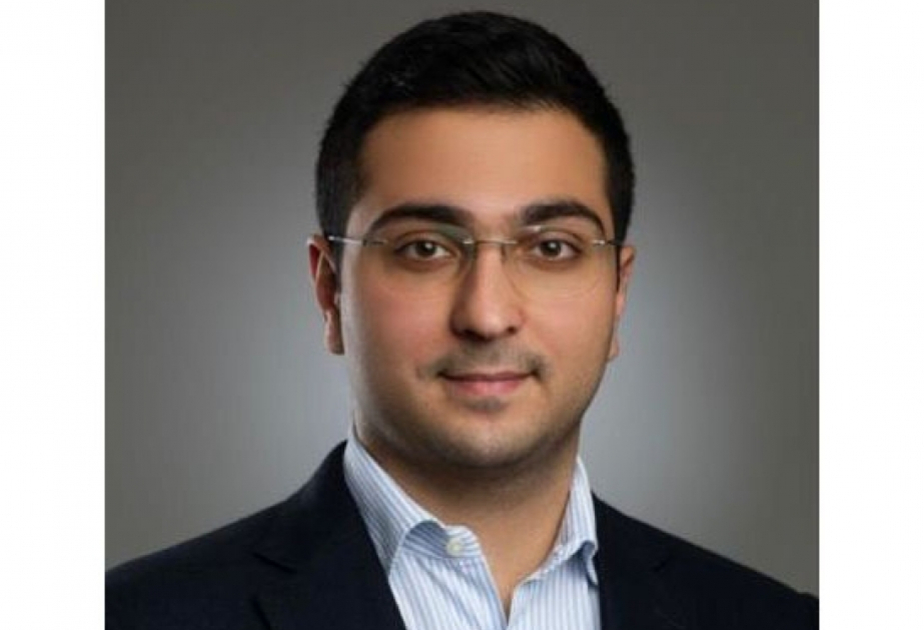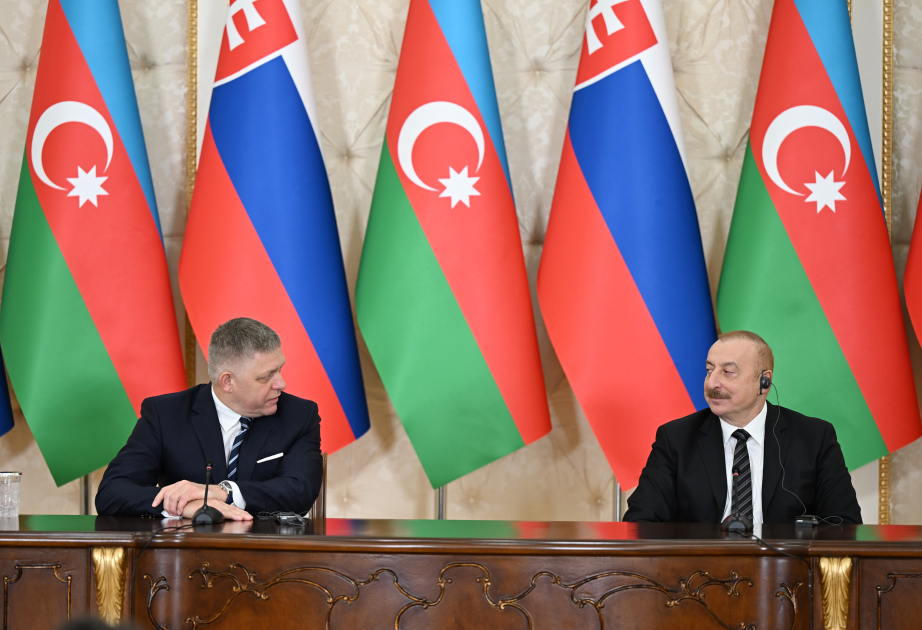POLITICS
A GLOBAL RESPONSE TO GLOBAL CHALLENGES
AN INTERVIEW WITH MR. ANTONIO MARIA COSTA, EXECUTIVE DIRECTOR OF THE UNITED NATIONS OFFICE ON DRUGS AND CRIME AND THE UNDER-SECRETARY-GENERAL OF THE UNITED NATIONS.
Antonio Maria Costa: we live in a rapidly changing world. We often find ourselves facing new threats of “un-civil behavior” – threats that, until recently, we thought would never emerge. The internationalization of such behavior is a painful reminder of the need for all of us to be constantly on the alert and find ways to be equally effective and agile in both prevention and control. In recent years, new forms of criminal behavior have emerged, while traditional ones have changed in depth and scope.
Organized crime has expanded, not only as transnational phenomenon, but also in new areas such as trafficking inhuman beings that provoke untold suffering to vulnerable segments of society. Modern technology enables criminals to launder money, commit large-scale fraud, attack computer systems or disseminate pedophile material. Large-scale deadly attacks on innocent people have become so frequent that a new chapter – a very sad one – has been opened in our history. I do not only have in mind the events of 11 September 2001, as we have witnessed terrible tragedies elsewhere. Nobody has been spared: not even the United Nations, which in August suffered the tragic loss of colleagues in Baghdad. These forms of crime have caused increased fear to people around the world, hampering their guest for social and economic development.
These concerns are global. Yet, as usual, some societies are worse off than others. For example, we face the risk of a very real and deepening “criminal divide”. By this, I mean the disparity between developed and developing nations. Our research suggests the existence of a clear link between the failure of some countries to achieve sustainable development and the growth of organized crime.
I would like to emphasize there that the United Nations has crafted a global response to these new global challenges.
In September this year, a new Convention against Transnational Organized Crime, the first legally binding treaty to fight organized crime, has entered into force. The Conventions requires Member States to cooperate with each other against offences such as participation in an organized criminal group, money laundering, corruption, and obstruction of justice. This treaty provides the international community new tools to confront transnational organized crime. It is a convention with teeth, with new norms about extradition, mutual legal assistance, transfer of proceedings and joint investigations. For example, an secrecy will no longer be used to shield criminal activities.
Also, in a few days, 9-11 December, a new United Nations Convention against Corruption will be opened for signature by Member States in Merida, Mexico. The agreement reached on this Convention shows the international community’s determination to do something concrete against corruption. It is a Convention with strong enforcement power, a true global response to the global challenge posed by corruption worldwide.
2. What can you say about the present-day role and objective of the UNODC as a specialized UN body in the fight against international crime and in the conditions of globalization?
Antonio Maria Costa: We face significant challenges ahead. What the United Nations Secretary-General Kofi Annan has described as the soft “threats” to nations – whether poverty, man-made or natural disasters, HIV/AIDS or some of the issues UNODC is dealing with – they all contribute to human sufferings and are obstacle to development, the effective rule of law and respect for basic human rights. Our main task is to make UNODC a catalyst of action for governments in countering “uncivil society” with special emphasis on the need to pursue an integrated approach to drugs, crime and terrorism issues; place them in the context of sustainable development; and balance prevention and law enforcement efforts.
The power of partnership, particularly, with aid and financial institutions and civil society organizations, will be the keys to the success of our operations. We have now put in place a number of clearly result-oriented policy and technical activities. Let me illustrate these with some that have direct implications for our work in your region.
· Action to give effect to the “Paris Pact” adopted last May to tackle all aspects of the drug and crime-related problems along trafficking routs from Central Asia to Europe.
· The June session of the Security Council on Afghanistan on international ramifications of that country’s drug and crime problems that called for convergent assistance by neighboring countries (through which narcotics are exported) and by Europe and Russia (where heroin abuse helps nourish opium cultivation in Afghanistan). I recently attended the Summit of the Commonwealth of Independent States, and I am pleased with the strong commitment of these governments to counter the international dimension of Afghanistan’s drug problems.
3. How do you assess the present state of relations between Azerbaijan and UNODC and their future prospects taking into consideration this country’s needs in combating crime as well as specific features of the region where Azerbaijan is located?
Antonio Maria Costa: As you know, I am coming to Baku both to attend the meetings of the Memorandum of Understanding (MOU) on Sub-regional Drug Control Cooperation, to be held on 3-4 December, and on official visit at the invitation of the Government of the Republic of Azerbaijan.
A few words about the MOU which was originally signed in Tashkent in May 1996 between the Governments of the five Central Asian states and UNODC ( then UNDCP). Russia and the Aga Khan Development Network joined in 1998, followed by Azerbaijan in 2001, thus expanding the regional framework of drug control cooperation. At the annual meetings (previously held in Kazakhstan in 1998; in the Kyrgyz Republic in 1999, in Tajikistan in 2001, and in Turkmenistan in 2002), the MOU members reviews together the progress in drug control cooperation and discuss prospects for its further development. It is expected that other interested countries from the Region will attend the Baku meeting as observers, together with a broad range of international organizations and NGOs.
We highly appreciate the kind initiative of the Republic of Azerbaijan to host the annual MOU meeting this year, and consider it another example of the Government’s strong commitment to drug control.
At the MOU meeting in Baku the member countries will consider drug control cooperation in the context of geopolitical developments in Afghanistan and in Central Asia. The members are planning to discuss the establishment of the Central Asian regional Information and Coordination Center(CARICC). The center will serve as a regional focal point for communication, analysis and exchange of operational information on cross-border crime in “real time”. It will also be a center for organization and coordination of joint operations CARICC will improve the activity of law enforcement authorities and their international cooperation, especially against international organized crime.
The region covered by the MOU is still one of the major routes for illicit opiates trafficking from Afghanistan towards Russia, the Caucasus states and further to Europe. According to the 2003 UNODC Opium Poppy Survey, the potential opium production in Afghanistan is estimated to amount to 3, 600 metric tons, a 6% increase compared to 2002. All countries neighboring Afghanistan have suffered over the last several years from rising levels of opiate abuse as a consequence of the increased drug traffic and availability in local markets. Drug abuse has led to an alarming growth of HIV/AIDS in the region. New HIV infection is related to intravenous drug abuse in above 90% of all cases. How to address these and other issues will be the focus of the MOU meeting in Baku.
As regards my official visit to the Republic of Azerbaijan, I share your Government’s concern that the continuing illicit traffic in Afghan drugs through the region make Azerbaijan an attractive transit point. Most drugs, such as morphine-base and heroin of Afghan origin, are entering Azerbaijan for onward trafficking to Georgia, Turkey and further to Europe. The quantities of drugs seized in Azerbaijan are yet low, but show an increasing trend, particularly base on the drug seizures in neighboring countries, e.g. in Turkey. Drug traffic is usually effecting also the countries of transit and leads to the spread of drug abuse and HIV/ AIDS, particularly among the youth, and this is a matter of strong concern by the Government of Azerbaijan.
The Government of the Republic of Azerbaijan timely informed the United Nations Office on Drugs and Crime (UNODC) that the country has neither sufficient expertise, not equipment or adequately trained staff to efficiently address the growing drug problem. Consequently, UNODC launched a two-year multi-sectoral Drug Control Assistance and Institution Building Project (Budget: US $ 1 million) in Azerbaijan, which provided training, equipment and policy advice. The project also assisted in elaborating a strategy for strengthening drug law enforcement and drug prevention capacities of the country. UNODC provided training to the drug control administrators from Azerbaijan at a seminar from improving the control of drugs used medical purposes. Azerbaijan is also addressed by the UNODC Project for Supporting a Drug Control Coordination Unit (DCCU) at the ECO Secretariat. Following a needs assessment mission to the Caucasus by the European Commission, UNODC is participating in the implementation of the “ Southern Caucasus Anti-Drug (SCAD) Programme”.
We are pleased that Azerbaijan is party to the three UN Drug Control Conventions, signed the Convention against Transnational Organized Crime, the Protocol on Trafficking in Human Beings and the Protocol on Smuggling of Migrants.
Azerbaijan actively participates in activities of the international community against the uncivil behavior. The country has taken steps to combat terrorist financing, has increased patrols along its southern land and maritime borders with Iran, and has deported some persons with suspected ties to terrorists.
We highly appreciate the activities of the Inter-Ministerial Commission against illicit Drug Trafficking and Drug Abuse, which was set up in Azerbaijan in 1992, soon after the country’s independence, and its active role in arranging the MOU meeting in Baku.








